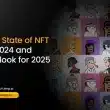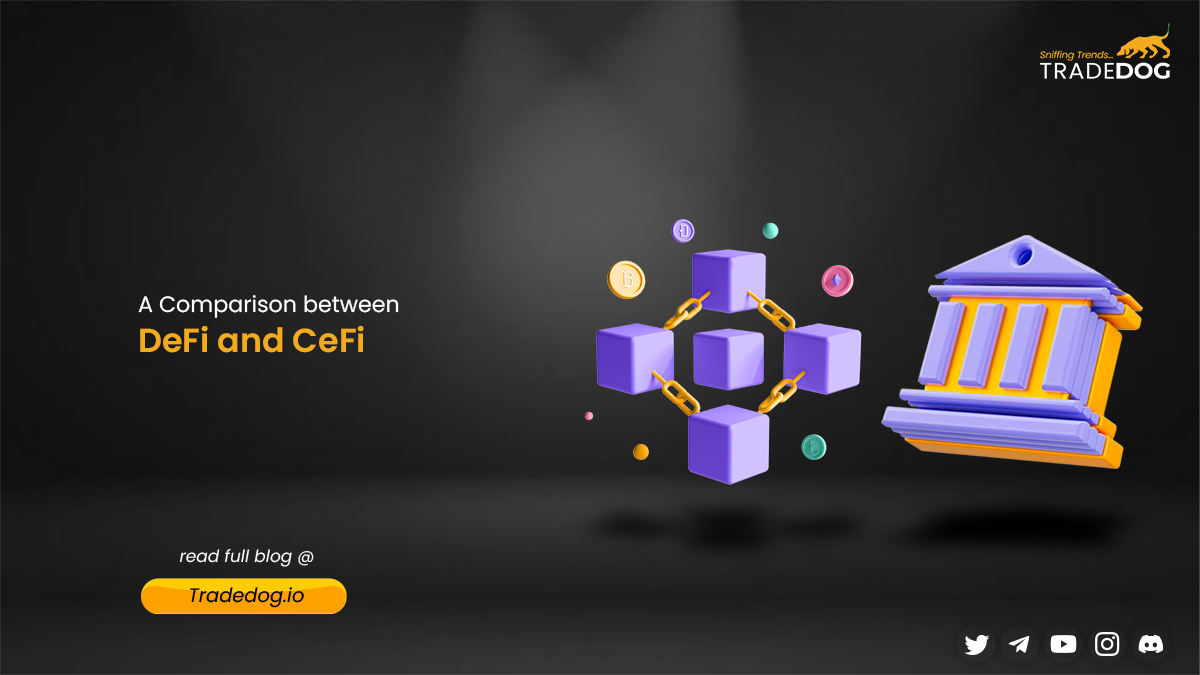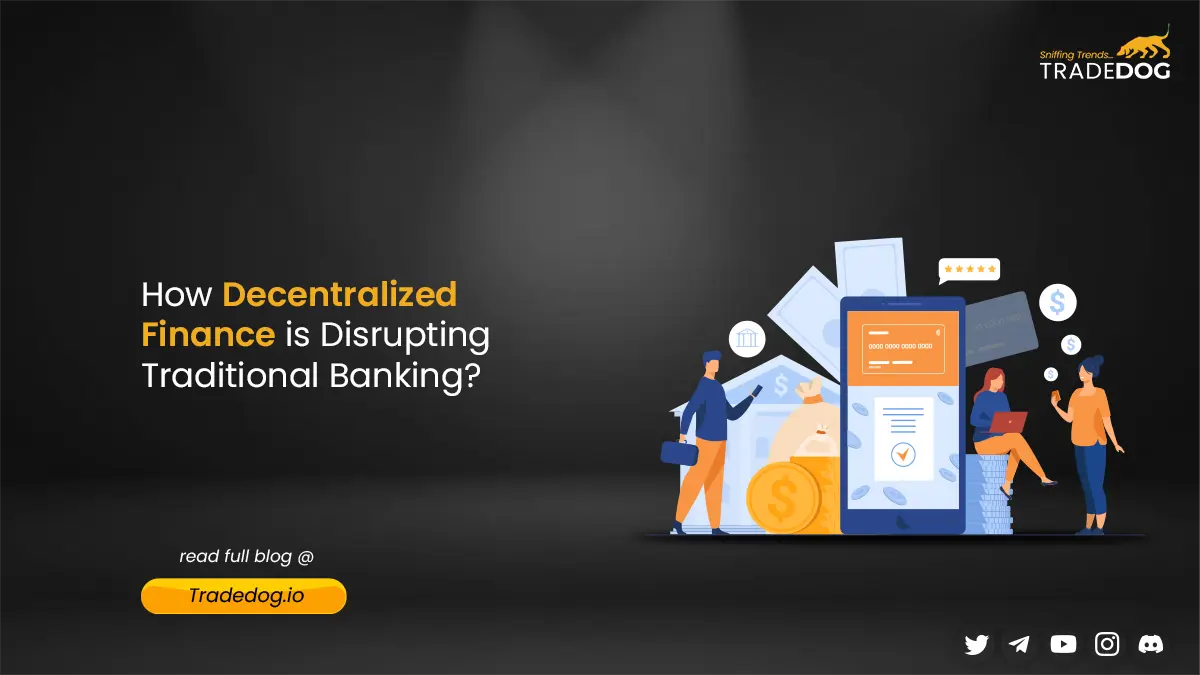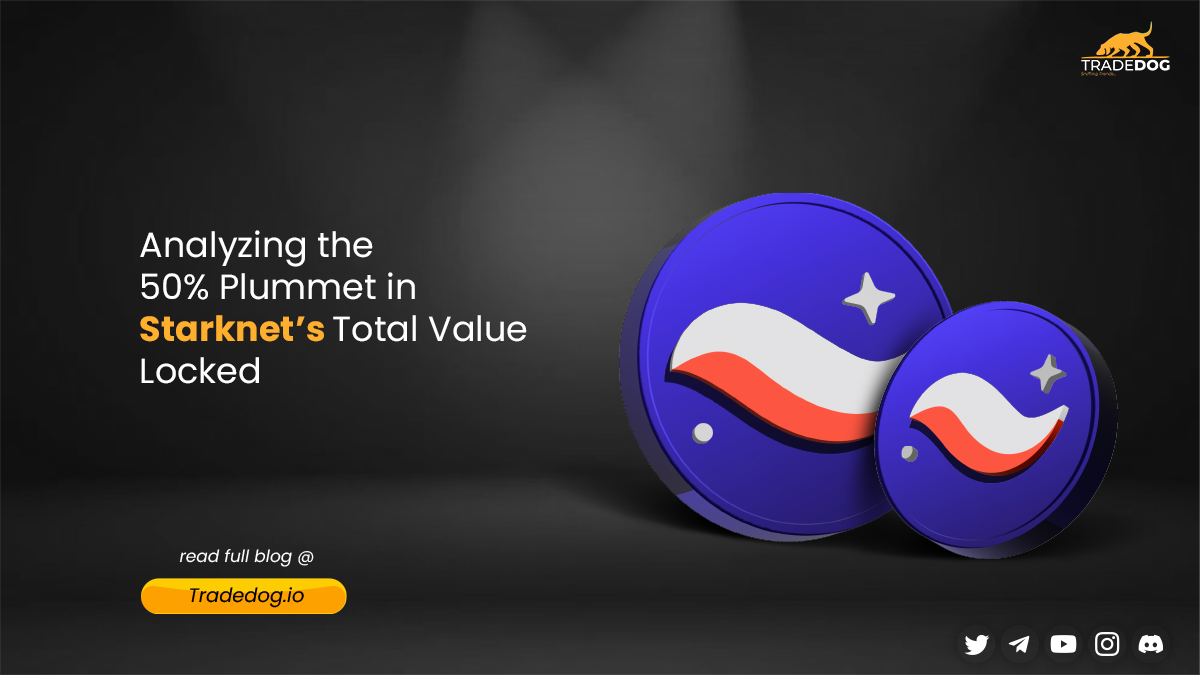Continuous printing of paper money by the government is making it lose its intrinsic value. DeFi is changing that with ample protocols, through insurance, liquidity mining, staking, borrowing, lending and much more. Paper money needs stringent laws and a singular monitoring body to verify transactions and manage assets. DeFi being cryptographic assets, do not require any monetary policies or trust to manage the entire money in a given system. You own it, and you are its rightful user. Crypto’s resilience, transparency and increased returns have appealed to banks and institutional investors alike, and DeFi has now become their centre of interest.
From Infancy to Maturity, real close
DeFi Pulse: Amount locked in DeFi as of Sep 1, 2020, GMT 12 pm.
A new economy known as DeFi is surfacing in the crypto space, which is challenging the prevalent financial services. DeFi is an acronym for Decentralised Finance, which has become the new buzz word for 2020, given its unique and undisputed properties. The idea of DeFi is to create a new financial model for cryptocurrencies to omit the hassles of banking and finance once and for all. DeFi, which is tamper-proof and highly automated, would help crypto will move freely, grow unconditionally and find meaningful value.
Meteoric Rise of the Oracles
The Block
Open lending protocols are the most popular applications that are a part of the broader DeFi ecosystem. Running on different frameworks such as Compound, MakerDao, but majorly on Ethereum, DeFi financial applications are amassing a huge amount of money which has reached $6.4 bn as the major digital assets in it are surging unrelentingly. Yearn Finance, a lending platform for stablecoins is the perfect example of a meteoric rise which rose from $761.86 on July 21, 2020, to $33,376.86 on September 1, 2020. That’s a rise of over 4285.92% in just 42 days with an all-time ROI of 3,077.18%. The top three DeFi projects, Yearn Finance, Curve Finance, and Aave have $778.1 mn, $1.06 bn and $1.57 bn in total value locked respectively, which reveals how important these applications are becoming due to their throughput, smart contractual settlements, cross-chain interaction and ease of access abilities.
How does DeFi work?
DeFi is hailed as the game-changer because of its inherent cryptographic properties and the ability to address the challenges banks have denied for decades. Defi’s characteristics enable the creation of dApps which can interact with money in many ways without the need for intermediaries. As dApps can increasingly integrate, DeFi becomes even more useful. DeFi, being financial applications allow themselves to be used as perfect monetary banking applications but decentralized. The DeFi lending services are built on public blockchains, so they minimise trust and assure cryptographic verifications. The lending marketplaces on the blockchain eliminate counterparty risks, make lending and borrowing cheaper & faster and available to more people. Infused with many attributes, DeFi’s financial apps are inherently less volatile than their counterparts.
Notable investment in DeFi by venture Capitals
The venture capital is increasingly interested in DeFi due to their maturity and adoption. Everyone believes that DeFi will democratize the financial data and put forth a better banking ecosystem inclusive of all the perks of decentralization.
The top 10 venture capitals investing in DeFi right now-
Compound
Compound is an algorithmic, autonomous interest rate protocol of openly accessible smart contracts built on Ethereum. Compound focuses on allowing borrowers to take out loans and lenders to provide loans by locking their crypto assets into the protocol.
InstaDApp
InstaDApp is a decentralized application that provides an easily accessible and simple to use layer to interact with other DeFi protocols seamlessly.
Argent
Argent is an intuitive and innovative DeFi mobile wallet for Ethereum that was launched in 2018. Argent proposes a unique recovery mechanism known as Argent Guardian wherein users have no need to memorise long and scrambled recovery phrases or back-up their private keys in order to log in to their accounts and secure their funds.
Defi Solutions
Defi Solutions is a financial services company that provides loan origination solutions and auto loan origination software for small, mid-size and large auto finance lenders, and enables the transfer and receiving loan documents.
Dharma
Dharma is an open-source savings/lending account built on Compound. Dharma utilizes a non-custodial smart wallet that lends out any deposited Dai or USDC on Compound thus generating a variable interest rate. Dharma mandates having a pre-verified Coinbase account in order to create on its own platform.
UMA
UMA or Universal Market Access is a protocol to help users access global financial markets on Ethereum. UMA is a framework for self-enforcing contracts on Ethereum that intends to enable universal market access across the entire Ethereum ecosystem.
Uniswap
Uniswap is a fully decentralized protocol cum exchange for automated liquidity provision on Ethereum. It uses Token Swapper that provides a low-latency user interface for token swapping between ETH and ERC20. Uniswap is driven by optimum liquidity for all the users and numerous other applications.
1inch
1inch is a non-custodial decentralized exchange aggregator wherein trades can be split across exchanges for minimising slippage and provide the best pricing available.
Opyn
Opyn is a decentralized Crypto Derivatives & Hedging platform that runs on the Convexity protocol which is an open-source and decentralized options protocol on the Ethereum blockchain. Opyn allows users and developers to insure their compound deposits and hedge ETH downside with protective put options on the Ethereum asset.
Erasure
A protocol to exchange valuable and real-time information on the internet. A product of Numera.ai, it uses encryption, smart contracts and staking with the NMR token to foster a trusted place for exchanging data on the web.
Atomic Loans
Atomic loans is a protocol for cryptocurrencies that facilitates asking for loans without intermediaries. The protocol works similarly to MakerDAO or Compound in such a way that a borrower locks his BTC collateral in a special multisig contract on the bitcoin blockchain. Ethereum’s smart contracts upon verifying the data release the intended loan through stable coins on a different blockchain. This enables users to interact with trustless cross-chain debt agreements for lending and borrowing.
Pool Together
PoolTogether is the world’s first no-loss audited savings game that runs on blockchain tech. Pool together allows its users to pool their Dai with other users to accrue interest through various opportunities powered by DeFi. The total interest earned on the capital is directed into a common pool and given as a prize to one winner every week.
dForce
dForce is a blockchain API platform of seamless, integrated, and interoperable open finance protocols which intend to create an interconnected and interdependent ecosystem.
The ability to earn interest on crypto holdings is something that would appeal to every crypto hodler out there. Thanks to DeFi’s evolutionary promise, it seems likely that decentralized finance will be adopted throughout the world.
Follow TradeDog for similar stories that are foundational to the crypto industry.
Follow our social updates here
Website Telegram Twitter Facebook Pinterest Youtube Instagram















